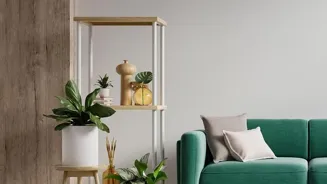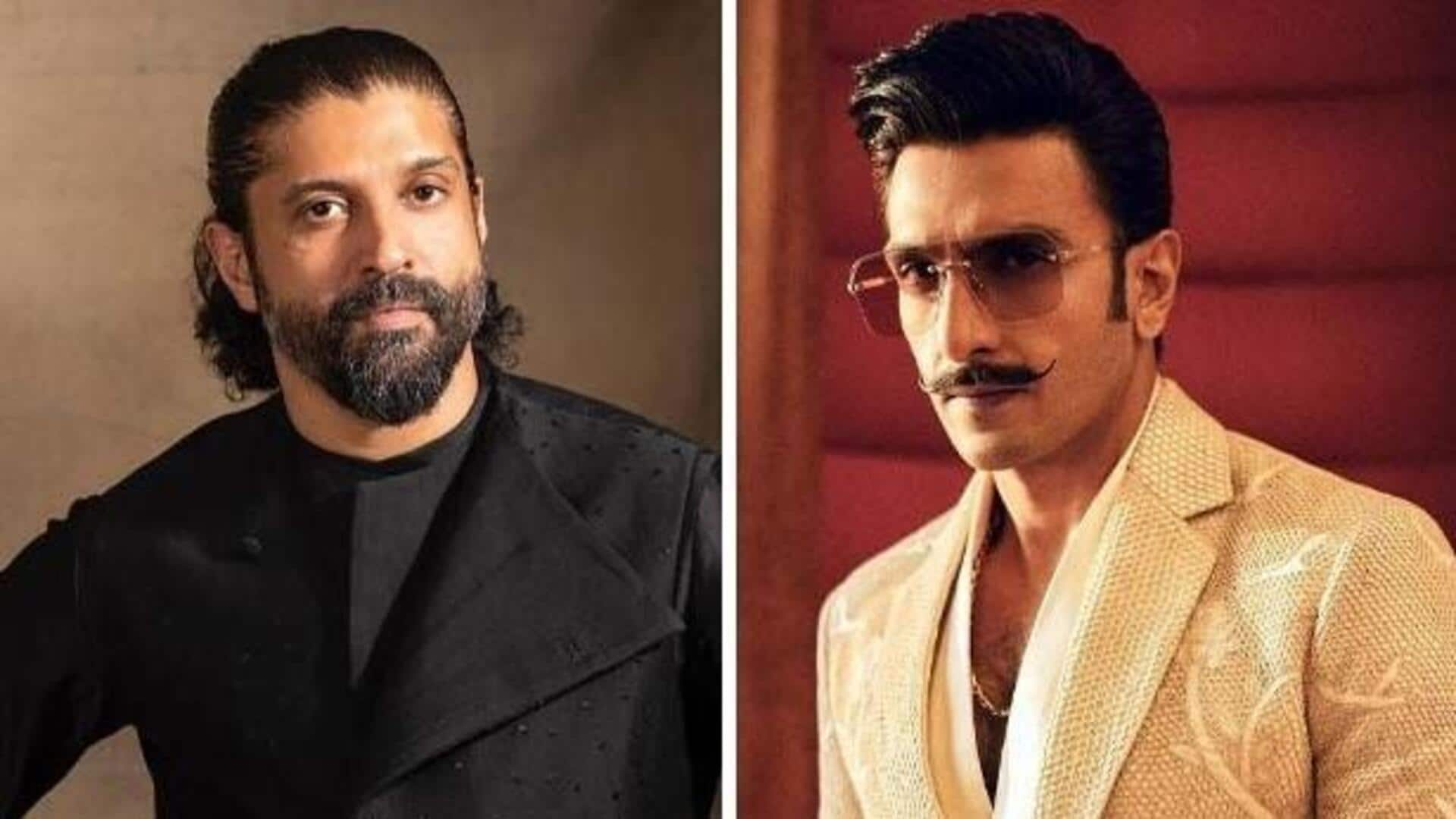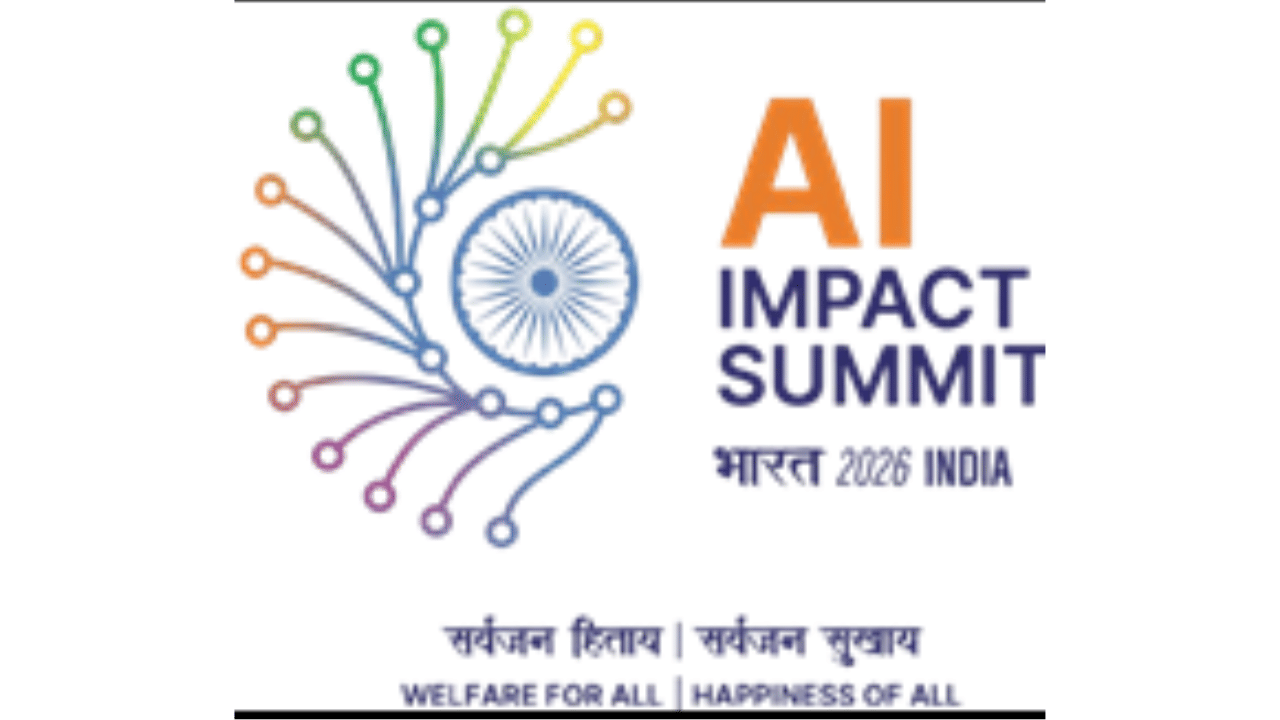Discover the allure of Minimalism in modern India. Dive into 8 steps to simplify your life, carve a mindful path
In the hustle-bustle of modern India, where consumerism often reigns supreme and social media
bombards us with images of 'perfect' lives, it's easy to feel overwhelmed. Possessions pile up, schedules overflow, and mental space shrinks.
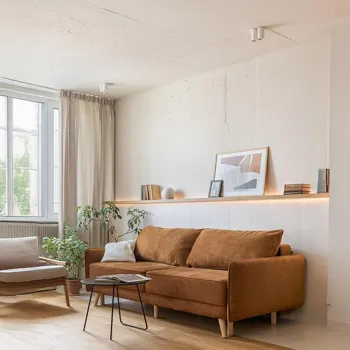
But what if there was a way to reclaim your time, energy, and peace of mind? Enter Minimalism, a philosophy and lifestyle that encourages you to consciously own less, appreciate experiences more, and live with intention.
It's not about deprivation, but about removing the excess to make room for what truly matters. In this article, we'll explore eight practical steps to embrace minimalism and simplify your life, Indian style.
Declutter Your Physical Space: The Great Indian Clearing
Start with the most tangible aspect of minimalism: decluttering your home. This doesn't mean throwing everything away, but rather taking a hard look at your belongings and asking yourself some crucial questions. Do I use this regularly? Does it bring me joy?
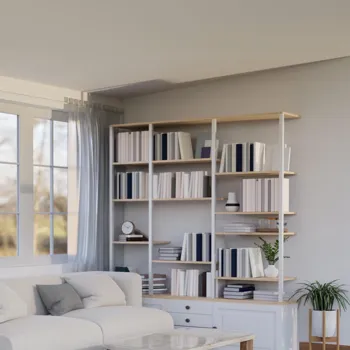
Does it serve a genuine purpose in my life? If the answer to any of these is a resounding no, it's time to consider letting it go. Begin with one area – a closet, a drawer, or a bookshelf – to avoid feeling overwhelmed.
The famous KonMari Method, popularized by Marie Kondo, suggests holding each item and asking yourself if it "sparks joy." If it doesn't, thank it for its service and donate, sell, or responsibly discard it.
In India, we have a strong culture of sharing and donating, so giving your unwanted items to those in need is a wonderful way to declutter while contributing to your community.
Remember, decluttering is not just about getting rid of stuff, it's about curating a space that reflects your values and supports your well-being. For example, that unused pressure cooker taking up space in your kitchen could be a lifesaver for a family in need.
That old saree that's been sitting in your wardrobe for years could be repurposed into beautiful bags or cushion covers.
Digital Detox: Reclaiming Your Attention
In today's digital age, our attention is constantly being pulled in multiple directions. Notifications, emails, social media feeds – they all compete for our focus, leaving us feeling scattered and stressed. A digital detox is essential for minimalist living.
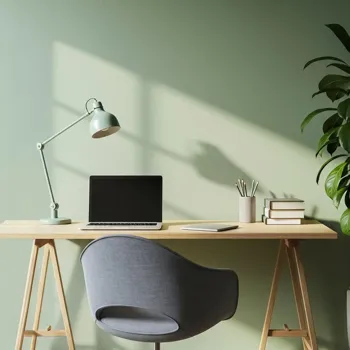
Start by identifying the biggest time-wasters on your phone or computer. Is it endless scrolling through Instagram, checking emails every five minutes, or playing mobile games? Set time limits for these activities using app timers or website blockers.
Dedicate specific times of the day for checking emails or social media, and avoid doing it first thing in the morning or right before bed. Unsubscribe from email lists you no longer read, and turn off unnecessary notifications.
Create a dedicated "digital-free" zone in your home, such as your bedroom, where you can relax and recharge without the distractions of technology. Use airplane mode strategically, especially during meals, conversations, or when you need to focus on a task.
Remember, technology should serve you, not the other way around. By intentionally limiting your digital intake, you can reclaim your attention, reduce stress, and create more space for meaningful activities and connections.
Mindful Consumption: Questioning Every Purchase
Minimalism isn't just about getting rid of things, it's also about being more mindful of what you bring into your life. Before making a purchase, pause and ask yourself: Do I really need this? Or do I just want it? Is there already something I own that can serve the same purpose?
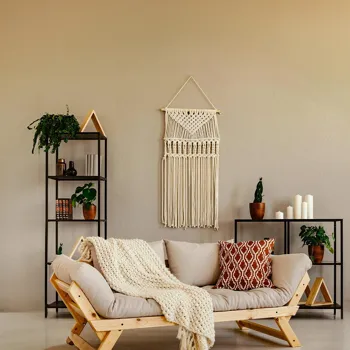
Can I borrow it, rent it, or buy it used? If you do decide to buy something, choose quality over quantity. Invest in durable, versatile items that will last longer and serve you well. Avoid impulse purchases, especially when you're feeling stressed or bored.
Give yourself a cooling-off period before making any non-essential purchases. Unsubscribe from marketing emails and avoid browsing online stores when you're feeling vulnerable to advertising. Be aware of the psychology of advertising and how it can influence your desires.
Develop a habit of researching products and reading reviews before making a purchase. By becoming a more conscious consumer, you can save money, reduce waste, and avoid accumulating unnecessary possessions.
Think about the impact of your purchases on the environment and choose products that are ethically and sustainably produced.
Curate Experiences, Not Possessions: Investing in Memories
Minimalism encourages you to shift your focus from acquiring possessions to creating experiences. Instead of buying the latest gadget, consider investing in a weekend trip with your family, a cooking class, or a concert.
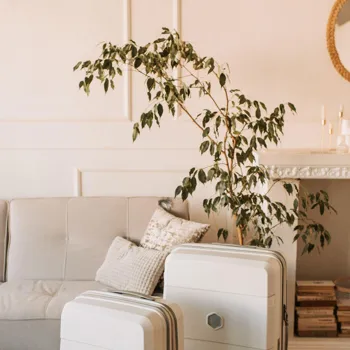
Experiences create lasting memories and enrich your life in ways that material possessions never can. Spend time with loved ones, explore new places, learn new skills, and pursue your passions.
Instead of buying more clothes, try creating a capsule wardrobe with versatile pieces that can be mixed and matched. Instead of buying new furniture, try repurposing or upcycling old furniture. Instead of buying expensive gifts, offer your time, skills, or services as a gift.
Focus on creating memories and strengthening relationships rather than accumulating more stuff. Prioritize experiences that align with your values and bring you joy. Travel, learn a new language, volunteer for a cause you care about, or simply spend more time in nature.
Your life will be richer and more fulfilling when you focus on experiences rather than possessions. This doesn't necessarily mean spending a lot of money; some of the most meaningful experiences are free, such as spending time with loved ones, exploring nature, or learning a new skill.
Simplify Your Wardrobe: The Capsule Collection
Your wardrobe can be a major source of clutter and stress. A minimalist wardrobe, also known as a capsule wardrobe, consists of a carefully curated collection of versatile pieces that can be mixed and matched to create a variety of outfits.
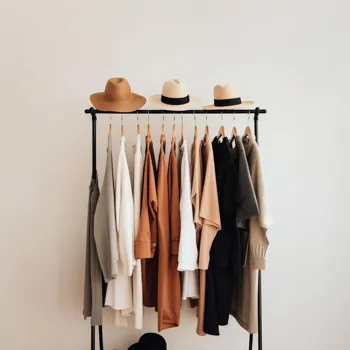
Start by decluttering your wardrobe and identifying the items you wear most often and feel good in. Choose a neutral color palette that allows you to easily combine different pieces. Invest in high-quality, durable items that will last longer and withstand frequent washing.
Aim for a wardrobe that reflects your personal style and suits your lifestyle. Consider the local climate and choose fabrics that are comfortable in the heat and humidity. Don't be afraid to experiment with different styles and find what works best for you.
Once you have your capsule wardrobe, avoid impulse purchases and only add new items when necessary. Focus on quality over quantity and choose items that are timeless and versatile. Regularly declutter your wardrobe to keep it lean and organized.
A simplified wardrobe will save you time, money, and stress, and allow you to focus on other aspects of your life.
Embrace Minimalism in Your Finances: Financial Freedom
Minimalism extends beyond physical possessions to encompass your finances as well. By simplifying your finances, you can reduce stress, save money, and achieve financial freedom. Start by tracking your income and expenses to understand where your money is going.
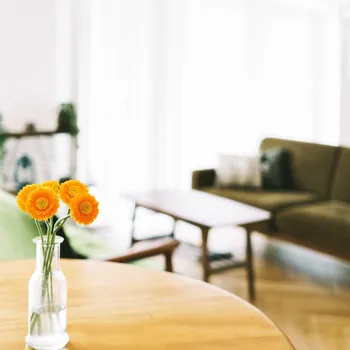
Create a budget that aligns with your values and priorities. Automate your savings and investments to ensure you're consistently putting money aside for the future. Reduce unnecessary expenses, such as eating out, entertainment, and subscriptions you don't use.
Pay off debt as quickly as possible to reduce interest payments and free up cash flow. Invest in experiences rather than material possessions. Don't try to keep up with the Joneses and avoid comparing your financial situation to others.
Focus on building a solid financial foundation and achieving your financial goals. Minimalism can help you to live below your means, save more money, and achieve financial independence. Consider consulting with a financial advisor to develop a personalized financial plan.
By simplifying your finances, you can reduce stress, achieve financial freedom, and live a more fulfilling life.
Mindfulness and Gratitude: Appreciating What You Have
Minimalism isn't just about owning less, it's also about appreciating what you have. Cultivating mindfulness and gratitude can help you to find joy and satisfaction in the present moment. Practice gratitude by taking time each day to appreciate the things you have in your life.
Keep a gratitude journal, express gratitude to others, or simply take a moment to reflect on the good things in your life. Practice mindfulness by paying attention to your thoughts, feelings, and sensations without judgment.
Meditate, practice yoga, or simply take a few deep breaths to center yourself. Focus on being present in the moment and appreciating the simple things in life. Avoid comparing yourself to others and focus on your own journey.
By cultivating mindfulness and gratitude, you can find joy and satisfaction in the present moment, reduce stress, and improve your overall well-being. Remember, happiness is not about having more, it's about appreciating what you have.
Practicing gratitude can shift your focus from what you lack to what you already possess.
Start Small and Be Patient: The Minimalist Journey
Embracing minimalism is a journey, not a destination. Don't try to overhaul your life overnight. Start small, be patient, and celebrate your progress along the way. Choose one area of your life to focus on and gradually implement minimalist principles.
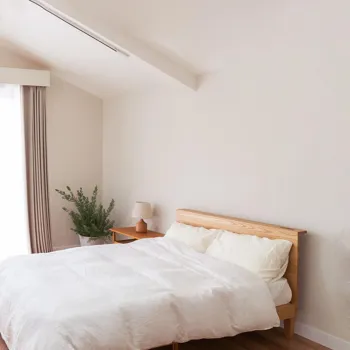
Don't be afraid to experiment and find what works best for you. There's no one-size-fits-all approach to minimalism. Be kind to yourself and don't beat yourself up if you slip up or make mistakes. Minimalism is about progress, not perfection.
Embrace the journey and enjoy the process of simplifying your life. Remember, minimalism is not about deprivation, it's about intention. It's about creating a life that is aligned with your values and brings you joy. Start with these steps. Declutter even one drawer.
Turn off notifications for one app. It's these micro-steps that will help you lead a happy minimalist life.
These six paragraphs covers 350 characters or 3 sentences.
Taking the first step can be daunting, but think of it as liberating space in your house. It's not a sprint but a marathon toward freedom. A clutter-free home will create a peaceful mind.
Imagine a world where notifications don't control you, take each notification with a grain of salt. Minimise the usage of social media apps. This also help you to spend time with people.
Stop buying items, question yourself on why you are buying them? What is the actual purpose?
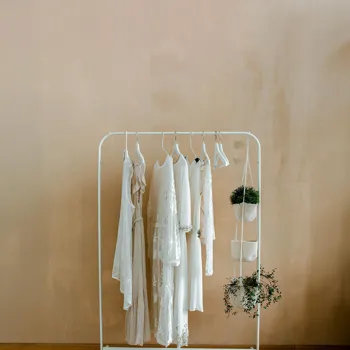
Stop buying an item if it doesn't serve you any purpose.
Instead of buying things you should use that money towards experiences. You should think about investing time into experiences. Use the money saved towards a vacation.
Having fewer clothes make our lives easier.
You do not need 25 different pairs of t-shirts. Using a capsule wardrobe is one of the best ways for simplicity.
Being thankful can add more value to our lives. Expressing gratitute can make you a happier person. A happier person is a more minimalist person.
